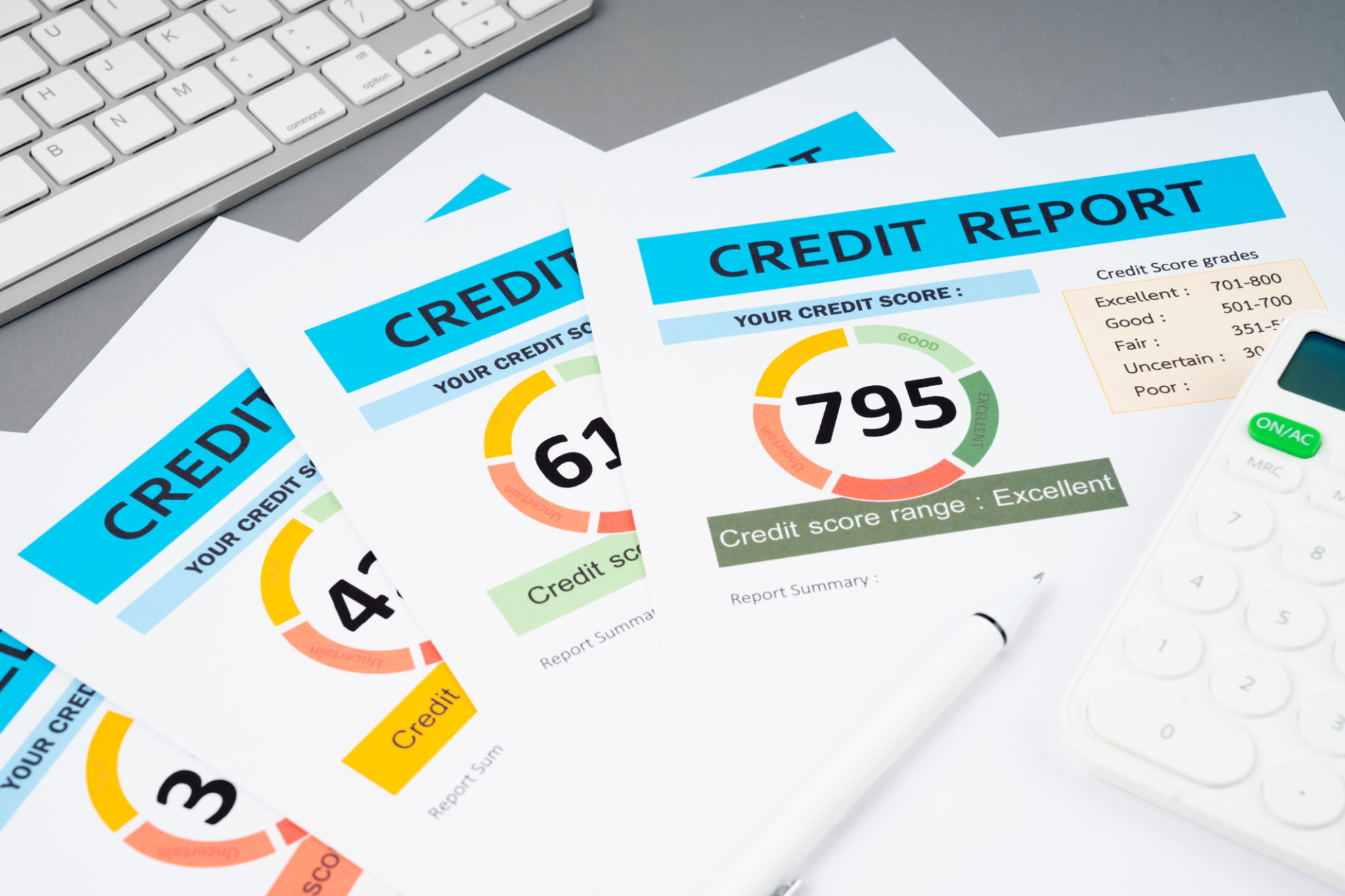The Importance of Consumer Education on Credit Scores
Understanding Credit Scores
In today's financial landscape, credit scores play a crucial role in determining an individual's financial health and opportunities. These scores are a numerical representation of a person's creditworthiness, impacting everything from loan approvals to interest rates. Despite their importance, many consumers remain unaware of how credit scores work and why they matter.
Credit scores are calculated using complex algorithms that consider various factors such as payment history, amounts owed, length of credit history, new credit inquiries, and types of credit in use. Understanding these factors can help consumers manage and improve their scores effectively.

The Benefits of Educating Consumers
Consumer education on credit scores is vital for several reasons. Firstly, it empowers individuals to make informed financial decisions. When consumers understand how their actions impact their credit scores, they can adopt better financial habits. This awareness can lead to improved scores and, consequently, better financial opportunities.
Secondly, educated consumers are less likely to fall victim to predatory lending practices. Knowledge of credit scores can protect consumers from high-interest loans and unfavorable terms that can lead to financial distress. Education serves as a defense mechanism against potential exploitation.

Improving Financial Literacy
Improving financial literacy involves more than just understanding credit scores. It encompasses a comprehensive understanding of budgeting, saving, investing, and debt management. Educational programs can equip individuals with the tools needed to navigate the financial world confidently.
One effective way to enhance consumer education is through workshops and seminars conducted by financial institutions or non-profit organizations. These initiatives can demystify credit scores and provide practical advice on maintaining good financial health.
Steps to Enhance Credit Scores
For those looking to improve their credit scores, there are several actionable steps they can take:
- Regularly review credit reports: Checking credit reports for errors and discrepancies can prevent potential score drops.
- Pay bills on time: Consistent on-time payments demonstrate reliability and boost credit scores.
- Reduce outstanding debt: Lowering the amount owed can positively impact the credit utilization ratio.
- Avoid opening too many new accounts: Each new inquiry can temporarily lower the score.

The Role of Technology
Technology has revolutionized how consumers access information about their credit scores. Today, numerous apps and online platforms allow users to monitor their scores in real-time. These tools provide insights into score changes and offer personalized tips for improvement.
By leveraging technology, consumers can stay informed and proactive about their credit scores, enabling them to make timely adjustments to their financial strategies.
The Future of Consumer Education
The future of consumer education on credit scores looks promising, with increasing efforts from both public and private sectors. Financial institutions are recognizing the importance of educating their customers and are investing in resources to facilitate this process.
As more people become financially literate, society can expect reduced debt levels and improved overall financial health. Educating consumers about credit scores is a step toward a more financially secure future for everyone.
